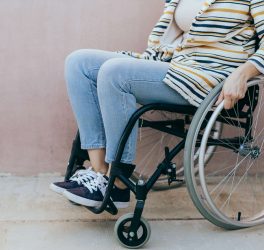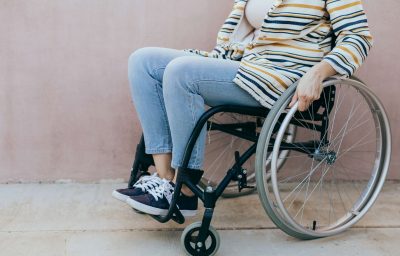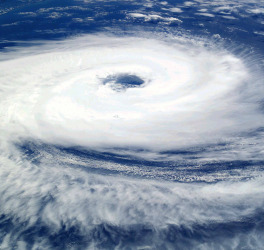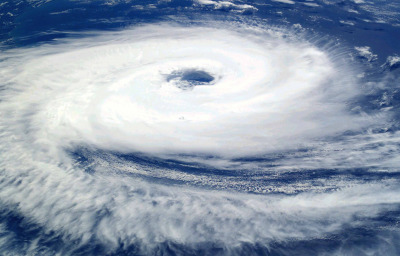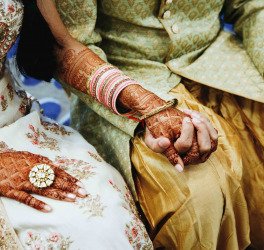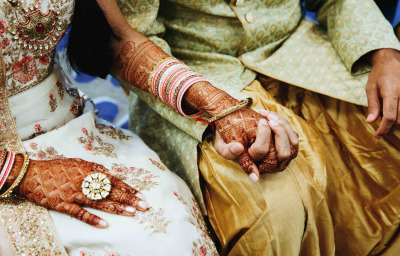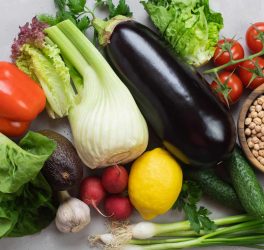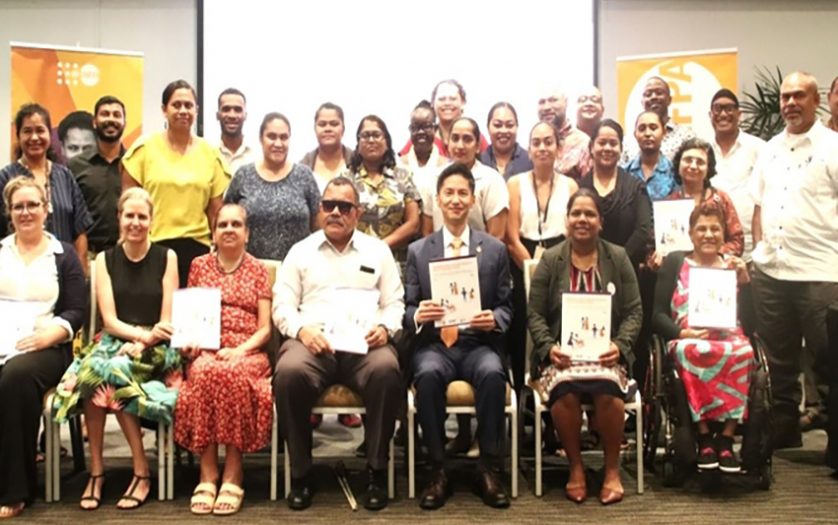
The UNFPA Pacific, Women Enabled International, and the Pacific Disability Forum jointly launched three disability needs assessment reports on August 23.
The country-specific reports identify barriers that prevent women and young people with disabilities living in Fiji, Samoa and Vanuatu from fully realizing their sexual and reproductive health and rights, freedom from gender-based violence, and full access to essential services.
At least 1.5 million Pacific islanders live with some form of disability. This research by UNFPA Pacific was conducted in this context, as part of the Transformative Agenda for Women, Adolescents and Youth in the Pacific, a flagship programme with 30 million AUD financial assistance from the Government of Australia’s Department of Foreign Affairs and Trade (DFAT).
The needs assessments provide concrete recommendations to advance the fundamental rights of women and young people with disabilities.
“UNFPA deeply appreciates the collaborative efforts by respective governments and civil society organization partners for having made these timely and important reports available, and would like to thank the Government of Australia for its essential financial support,” said Iori Kato, UNFPA Pacific’s Director and Representative, underscoring that, “UNFPA takes a human rights-based and inclusive approach to disability – persons with disabilities have a right to make their own choices about their bodies, health and lives, especially regarding their sexual and reproductive health and rights and freedom from discrimination and violence.
We hope that the findings of these needs assessments reports that we are launching today will be found useful in empowering women and youth with disabilities, not only in Fiji, Samoa and Vanuatu, but also in the rest of the Pacific countries and territories in light of certain commonalities in the socio-cultural context across the region.”
Through the Transformative Agenda programme, UNFPA pursues disability inclusion in its entire programming by implementing targeted interventions specifically aimed at persons with disabilities, and by mainstreaming the needs of persons with disabilities across the programme interventions. For instance, disability inclusion has been mainstreamed into family planning training, midwifery curricula, Health Facility Readiness and Service Availability Assessment (HFRSAA), adolescent sexual and reproductive health guidelines, Family Planning Behaviour Change Communication strategies, and Reproductive, Maternal, Newborn, Child and Adolescent Health (RMNCAH) strategies. During the development of the relevant documents, such as training materials and reports, Women Enabled International provides feedback in collaboration with the Pacific Disability Forum. Further information and advice are sought from local Disabled People’s Organizations.

